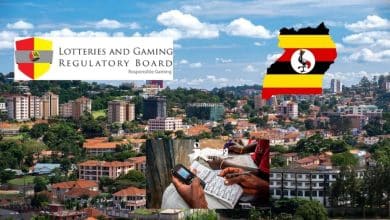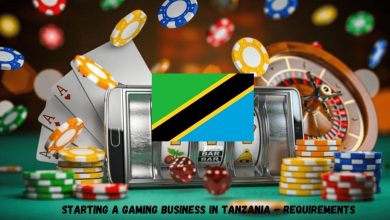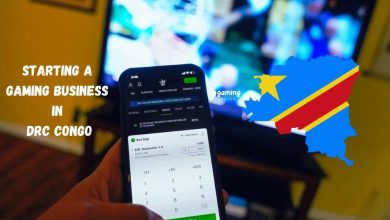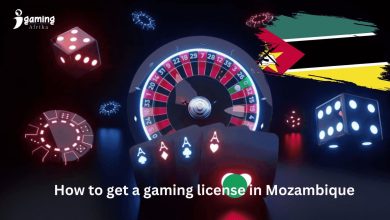Licensing Requirements
Gambling laws and licensing requirements vary across African countries. In some nations, such as South Africa, the industry is heavily regulated, and only licensed operators are allowed to offer gambling services legally. Other countries have relatively lax requirements, with many unlicensed operators offering services. As gambling is a revenue generator for many African nations, licensing requirements are seen as a way to ensure compliance with tax and regulatory laws, promote responsible gambling, and protect consumers from fraudulent schemes. The licensing process typically involves background checks, due diligence, and compliance with various regulations and procedures. The cost of obtaining a license can vary significantly, with some countries charging nominal fees while others require significant financial and operational commitments. While the licensing process can be onerous, it provides a level of legitimacy and consumer confidence in operators. Additionally, licensed operators are more likely to attract and retain players as they provide protection and recourse for any disputes or issues that may arise. Overall, licensing requirements help to shape and regulate the African gambling market, promoting responsible gambling practices and providing a framework for legal, safe, and secure gambling activities.
Remember to check out the latest news here and you are welcome to join our super exclusive iGaming Afrika Telegram Forum for all the latest and breaking news in the African Gambling industry. We would also like to hear from you, Message us on Telegram @igamingafrika or write to editor@igamingafrika.com
-
Starting a Gambling Business in South Africa – Full Guide
As of March 2021, South Africa had 11 authorized online gambling providers, with increased licenses issued in 2019. However, several…
Read More » -
Gaming Licensing and Costs Requirement in Uganda
In Uganda, licensing for lotteries, casinos, gaming, and betting must be issued by the Lotteries and Gaming Regulatory Board (LGRB)…
Read More » -
Starting a Gambling Business in Tunisia – Full Guide
Some forms of gambling are legal in Tunisia since 1974 (officially the Republic of Tunisia, an Islamic North African country with…
Read More » -
Starting a Gambling Business in Cameroon – Full Guide
Gambling is legal in Cameroon (officially the Republic of Cameroon – République du Cameroun, a Christian Sub-Saharan African country that was a…
Read More » -
Starting a Gambling Business in Tanzania – Full Guide
The gambling industry in Tanzania is regulated by the Gaming Board of Tanzania (the “Gaming Board”) established by section 4…
Read More » -
Starting a Gambling Business in DRC Congo – Full Guide
We review how to invest in the gambling industry in the Democratic Republic of the Congo in this Article. Gambling Business DRC Congo Legal Background In the Democratic Republic of the Congo, gambling,…
Read More » -
Starting a Gambling Business in Mozambique – Full Guide
Mozambique is quickly emerging as one of the most promising and lucrative lotteries, sports betting, and casino playgrounds for gambling…
Read More »














